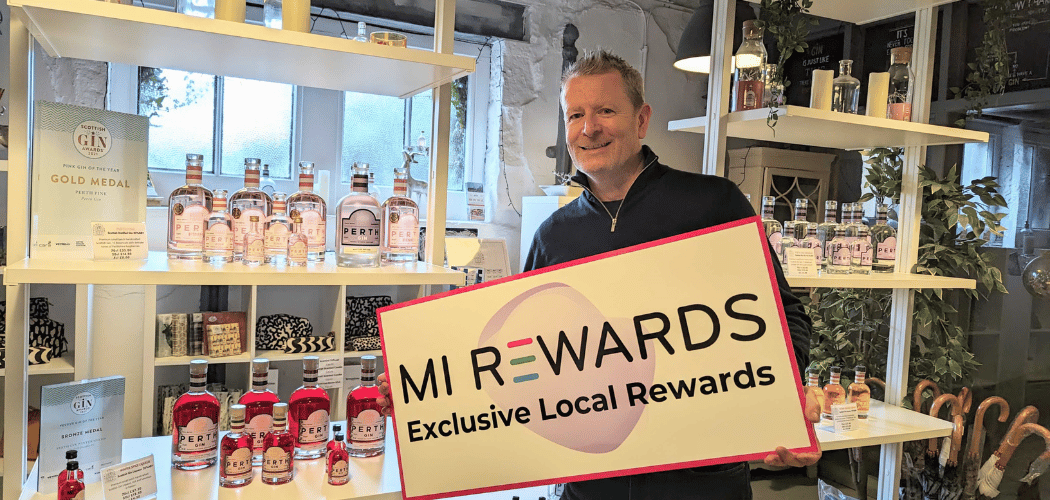At a recent meeting of the Luxury Client Experience Board, executives from top retailers and major luxury brands, along with industry consultants and technology service providers, highlighted numerous myths and realities of applying technology to today's luxury market.The key message: rapid advances in technology have the power to transform the sales process, but can only improve business results with the proper human skills in place to leverage the technology.
The Luxury Client Experience Board (LCEB) is a membership association of luxury industry practitioners co-founded with The Ritz-Carlton to enhance the education and development of leading luxury brands. Here's a choice selection of money quotes from the LCEB's most recent board meeting:
- "Less can indeed be more, with technology serving as a tool to tighten employee and customer relationships. Company culture and the quality of employees trump technology every time when it comes to producing improved business performance." - Milton Pedraza, LCEB co-founder and CEO of the Luxury Institute.
- "Great service sells, and at the centre of great service is the store associate. Technology alone cannot create and nurture relationships with authenticity, creativity and good taste, so retailers should use it to preserve and augment the human element in retail and never to diminish it." - Bill Tarbell, executive vice president of product and strategy at retail technology firm Tulip Retail.
- "The key to a successful omni-channel strategy is defining a Customer Journey around each channel, then designing and adapting technology around each step of the process accordingly. The goal is to design the most compelling experience for customers first, then identify the right technology to engage them with a coherent message across channels." - Lorenzo Benazzo, CEO of retail CRM firm Clientela
Other highlights from the board meeting include these insights germane to the intersection of technology and the luxury consumer experience:
- Loyalty and personalisation lead. Some successful ways that luxury firms have employed technology to enhance customer experiences include setting up loyalty programmes and making the client feel special by remembering important dates, sending non-product reminders or general messages and other personalised gestures.
- Retailers focus on product customization. Along with personalisation of service, customization of products is another area of customer-facing interaction in which luxury firms are currently leveraging technology with successful results. Awl & Sundry, a two year old startup that allows online customers to design their own premium quality shoes, has leveraged personalisation technology and social media referrals to grow sales while spending only $2,000 on marketing to date.
- Technology is driving product development. At luxury firms, the "wearables" category is one of the most active areas of innovation, moving beyond smart watches to items like handbags or suitcases that charge and interact with mobile devices. The challenge for companies is to focus on products that provide true benefit for the customer, and that means having creative people drive the process and technology experts taking a backseat.
Overall, reports the LCEB, technology has enabled a vast array of opportunities for luxury firms, and the key for companies is to put it to efficient use in a way that augments their brands.Externally, technology can make customer's lives easier, and internally it can certainly improve operations, but it cannot run businesses by itself. Human beings still need to manage customer relationships, to "treat people like humans" by anticipating their needs and providing empathy in every experience.
| More Info: | http://www.luxuryinstitute.com |




